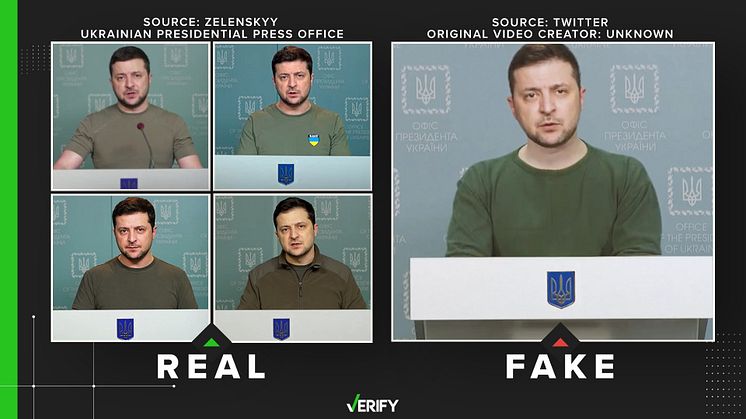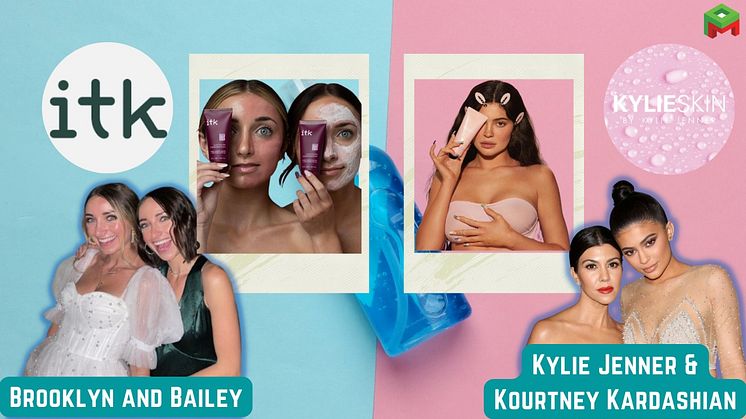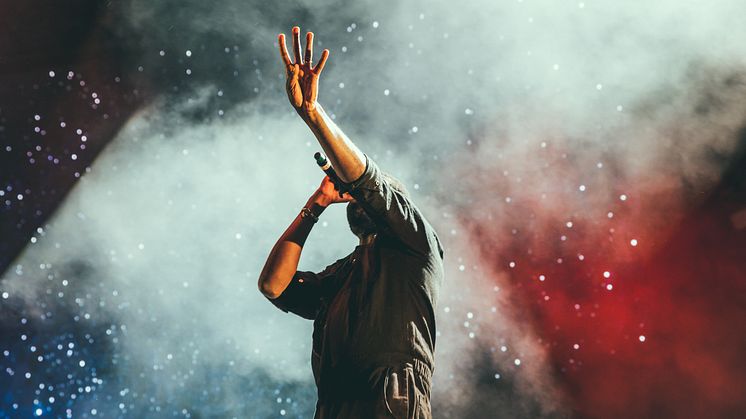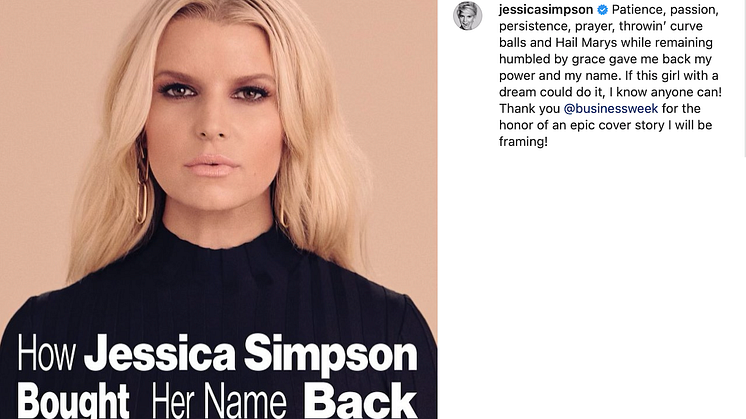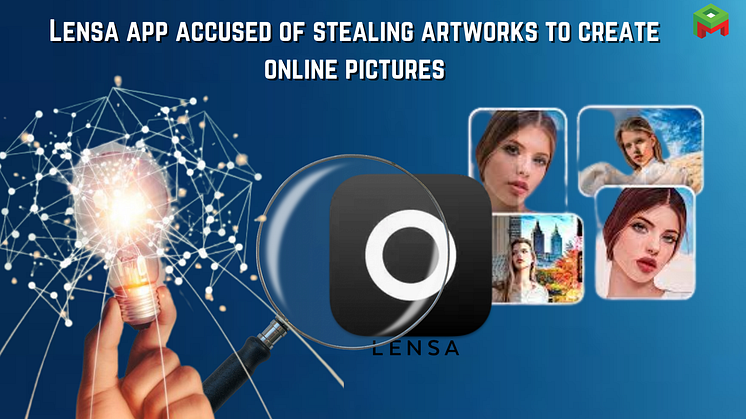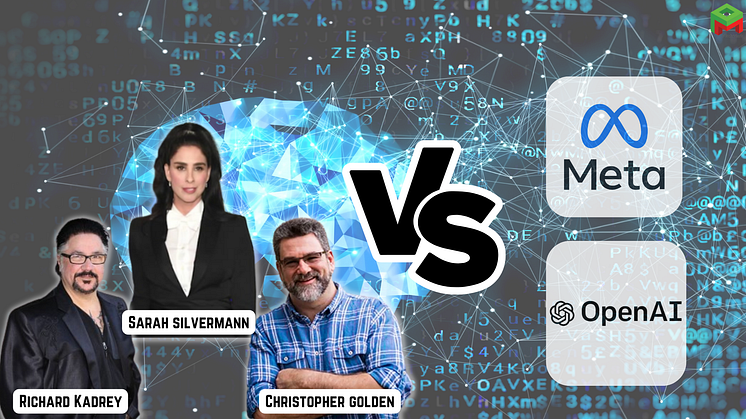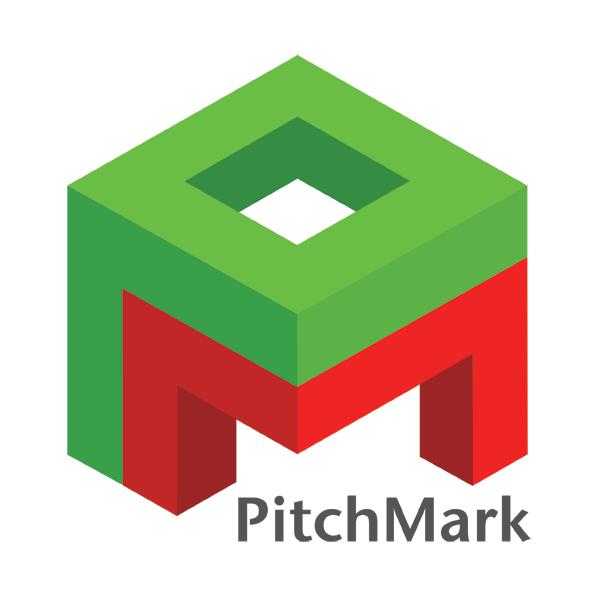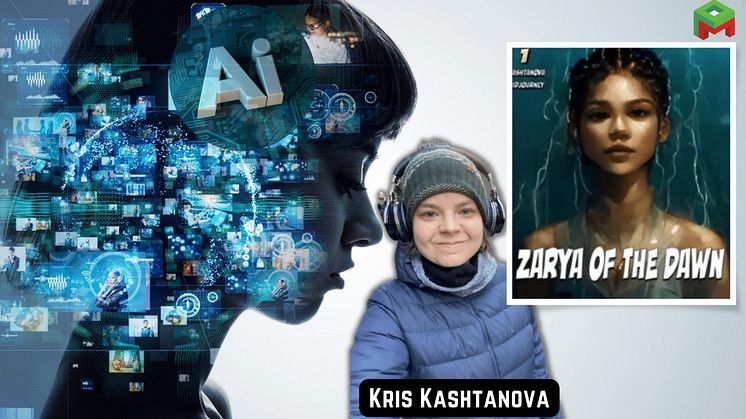
News -
How AI-generated artwork may jeopardize original artists’ creations
The discussion surrounding artificial intelligence (AI) art is developing quickly. In recent months, an AI-generated image took first prize at a fine art competition, an exhibition of DALL-E 2-produced artwork opened in a museum, and an artist registered a work she created using an AI generator with the US Copyright Office.
In September, New York-based artist Kris Kashtanova became the first person to file a copyright application for a work that included AI. Her 18-page comic book, "Zarya of the Dawn," was produced using the AI art program Midjourney.
Kashtanova wrote on Instagram that she took the decision to apply to the Copyright Office to "make a case that we do own copyright when we make something using AI." She emphasized that she “was open about how it was made and put Midjourney on the cover page."
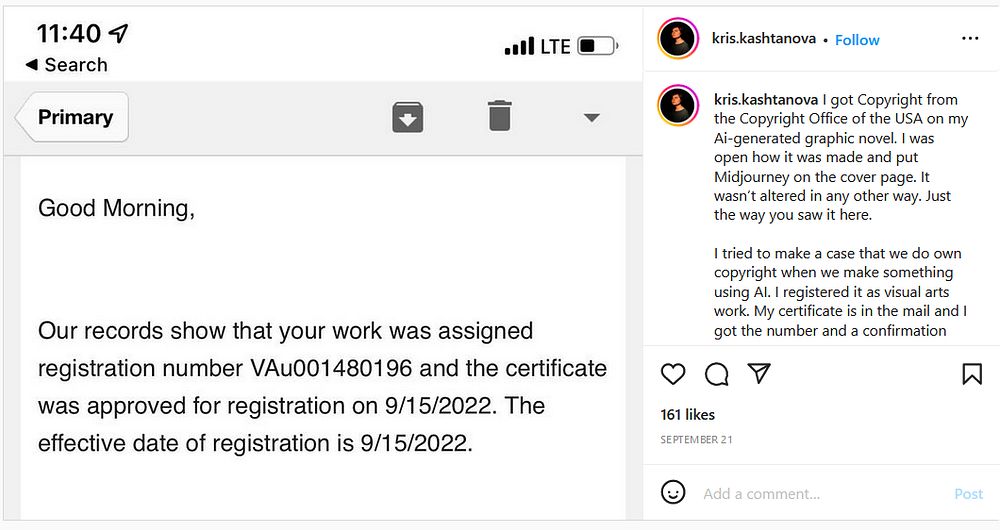
Kashtanova described her artwork as AI-assisted rather than created by AI. She claimed to have written the story and designed the layout of the graphic novel, making choices about how to put the images together.
However, she later updated on her social media that the Copyright Office canceled the registration because it failed to recognize that the comic was produced using AI.
The primary character in her book had an obvious resemblance to American actress Zendaya, which made copyrighting the work extremely controversial.
Many AI art programs use images that include celebrity photographs, and AI artists sometimes use celebrity names in their prompts to ensure that characters in a series of images are consistent.
Therefore, the rights of the owner of the images used to train the AI are not clear.
The same concerns prompted photography and stock image provider Getty Images to ban the sale of AI-generated images.
Despite misconceptions, the US Copyright Office has not ruled against copyright on AI artworks. Instead, it ruled out copyright registered to an AI as the author instead of a human.
Frank Rittman, a legal counsel for PitchMark, offers his thoughts below.
The issue is more nuanced than has been reported by the mainstream media so far. The question isn’t whether elements of AI-generated imagery are eligible for copyright protection (they are!); it is instead whether there may have been a procedural concern with the submitted registration document. There’s a “Limitation of Claim” section in the form that requires the applicant to disclose the degree of, or relationship between, the portions of the work attributable to a human being and the portions generated by artificial intelligence. Ms. Kastanova apparently left that section of her application blank and she’s now being given an opportunity to amend it.
But in order to do that, the Copyright Office had to first cancel the registration it had “mistakenly” issued in response to an incorrectly completed application. In other words, old-fashioned human error may be the foundation for the more complicated explanation of what happened. It will be interesting to see what happens next.
PitchMark helps innovators deter idea theft, so that third-parties that they share their idea with get the idea but don’t take it. Visit PitchMark.net and register for free as a PitchMark member today.

